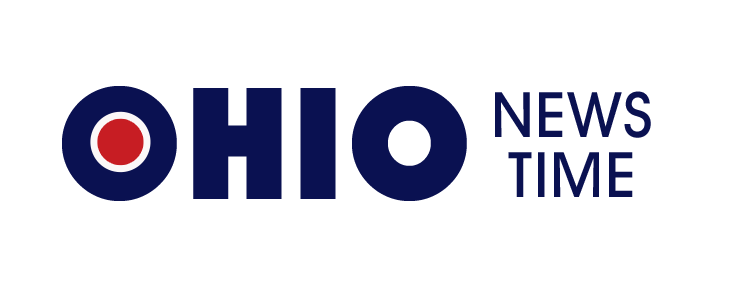NCAA and Power Five Conferences Reach Settlement Allowing Direct Payment to Players
In a groundbreaking development, the NCAA and the five power conferences have reached a historic settlement allowing schools to directly compensate players for the first time in collegiate athletics history. The agreement, valued at nearly $2.8 billion, marks a significant shift in the landscape of college sports.
Announced by the NCAA’s Big Ten, Southeastern, Pac-12, Atlantic Coast, and Big 12 conferences, the settlement represents a pivotal moment in the ongoing reform of collegiate athletics. NCAA President Charlie Baker and the power conferences issued a joint statement emphasizing the importance of the agreement in providing benefits to student-athletes and bringing clarity to college athletics across all divisions.
Reportedly, the settlement includes over $2.77 billion in damages to be distributed to past and current collegiate athletes over a 10-year period. This resolution aims to address a series of federal antitrust cases brought forth by student-athletes.
Under the terms of the settlement, participating universities will implement a revenue-sharing plan, enabling each institution to allocate up to approximately $20 million annually to its athletes. To address revenue disparities among schools within the power conferences, universities will contribute 22% of the average annual athletic department revenue, ensuring equitable distribution.
All Division I athletes since 2016 are eligible to receive a share of the settlement. In exchange, athletes are precluded from pursuing further antitrust claims against the NCAA and must withdraw their complaints in several ongoing lawsuits.
One such lawsuit, led by former Arizona State University swimmer Grant House and TCU women’s basketball player Sedona Prince, focused on the NCAA’s multi-billion-dollar broadcasting rights extension for the March Madness basketball tournament. The plaintiffs sought redress for alleged withheld payments and named both the NCAA and the five power conferences as defendants.
Overall, the settlement represents a significant milestone in the evolution of collegiate athletics, ushering in a new era of financial compensation for student-athletes and addressing longstanding issues of equity and fairness within the NCAA framework.



